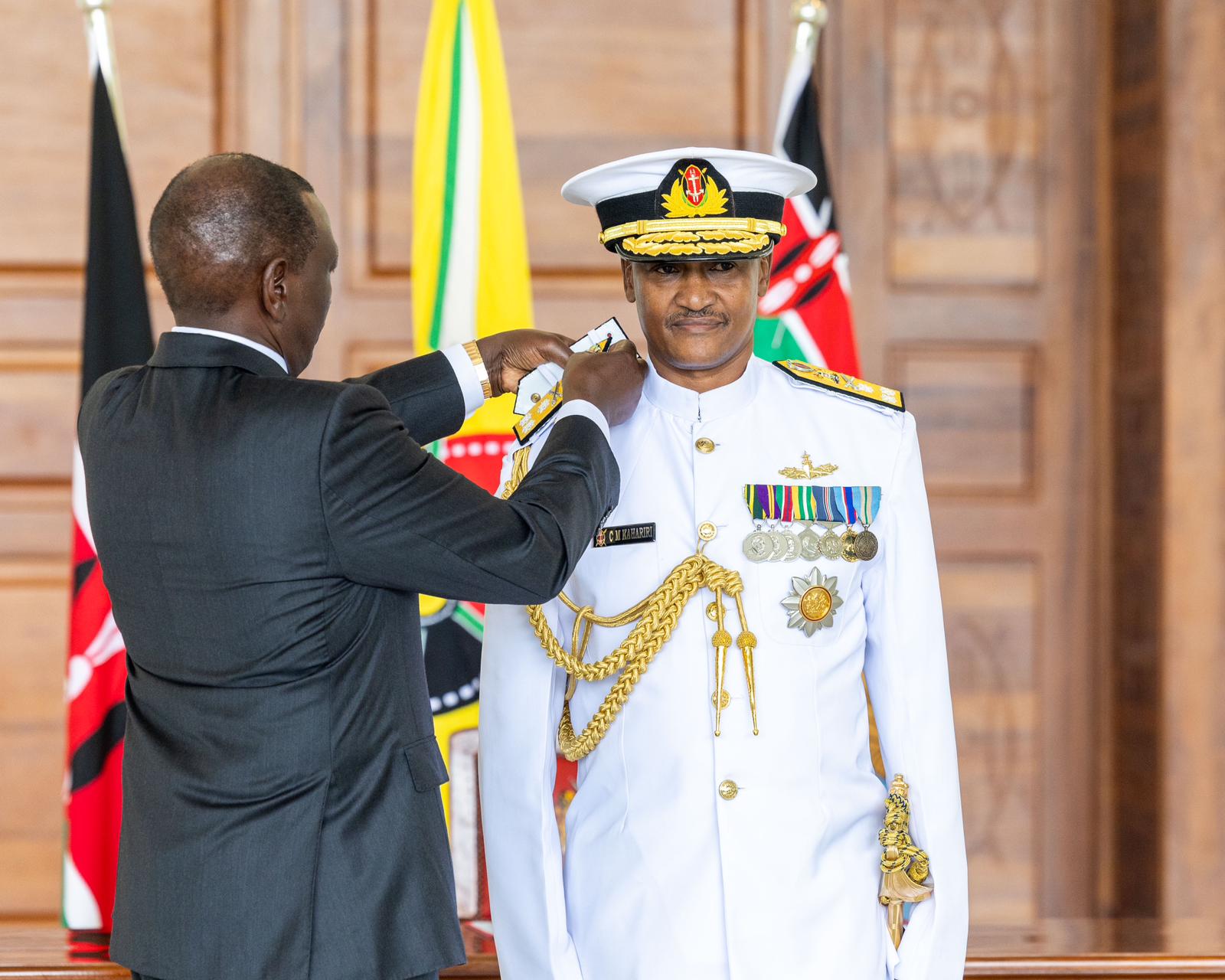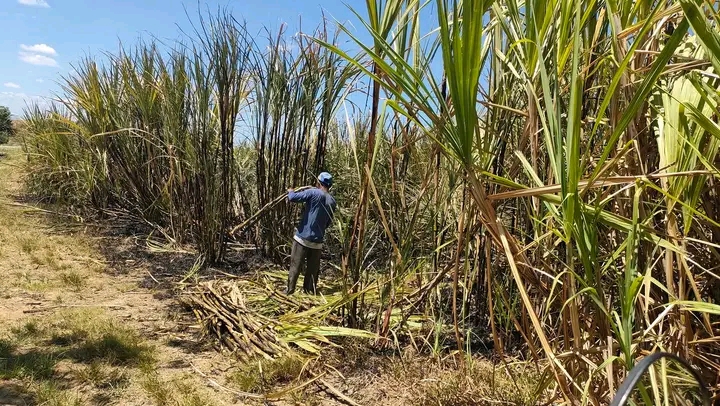By Patricia Mollyne Mataga
Industrial actions remain one of the last resorts that workers, mostly those employed by the government, often opt to push for their grievances to be addressed.
Over the years, the country has witnessed workers in different sectors go on strike – but the most impactful ones have been that of teachers and health workers.
The impact of workers in the two sectors going on strike is usually felt across the country since by them being away from their workstations, no services are rendered to the public.
A teachers’ strike would cripple learning in public institutions while a similar action for health workers will mean no health services.
We break down some of the documented longest strikes in the country’s history.
Teachers’ strikes
Teachers have been on strike at least 5 times in the last 20 years – under the Kenya National Union of Teachers (KNUT).
The notable was the 1997 strike that although it lasted for only 12 days, it has been the cause of at least three subsequent similar actions by teachers.
At the time, the then-President, the late Daniel Moi was forced to give in to the teachers’ demands, leading to the signing of the infamous Legal Notice 534 of 1997.
The notice gave teachers a salary increment of between 100 and 200 per cent, but it was later contested. The government amended the previous legal notice sparking another round of controversy that culminated in strikes in 2012 – a strike that lasted for 20 days.
Which was the longest teacher’s strike in Kenya?
The longest teachers’ strike came in 2013 – which lasted for 24 days. It was led by the late David Okuta Osiany and culminated in the government agreeing to give teachers a salary rise, alongside hardship allowances.
2015 was the last time teachers went on strike. At the time, Jacob Kaimenyi was the Cabinet Secretary for Education.
Health workers strike
Different health workers’ unions have also been on strike in numerous occasions – also pushing for the betterment of their working environment.
Most of those strikes are related to the non-implementation of Collective Bargaining Agreements, as is the case with the 2024 doctors’ strike that clinical officers joined on April 1, 2024.
Notably, since the inception of devolution, there has also been a series of strikes that affected specific counties.
This was largely because health services were devolved under the 2010 constitution which gave counties a mandate to handle employment issues for health workers in the health facilities they ran.
Statistics show that between 2010 and 2016 there were six nationwide strikes and many more regional strikes.
Which are the longest health worker’s strikes in Kenya?
In 2017, there were two dramatic and prolonged health worker strikes: a 100-day doctors strike and, soon afterwards, a 150-day nurses strike.
To date, the nurses’ strike is documented as the longest health worker strike in Kenya’s history.
The official reason given for the prolonged nurses’ strike was the failure of the government to sign and implement the nurses’ collective bargaining agreement (CBA) that had been agreed upon between the Kenya National Union of Nurses (KNUN) and the national and county governments in December 2016 following a two-week nurses strike.
Aside from the teachers’ and health workers’ strikes, there have also been similar actions affecting learning in public universities.
In 2018, the Universities Academic Staff Union (UASU) had a 78-day lecturers strike.
The strike started on March 1 and ended in May after UASU signed a return-to-work formula with the government.
Moi University in Uasin Gishu and Nakuru’s Egerton University are some of the notable public institutions that have in recent years faced industrial actions by the respective workers’ unions.
The right to strike is one of the fundamental rights enshrined in the Kenyan Constitution, 2010.
The right to strike is derived from the Right to Organise and Collective Bargaining Convention, 1949 that Kenya ratified on 18 July 1951.





